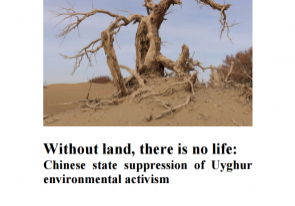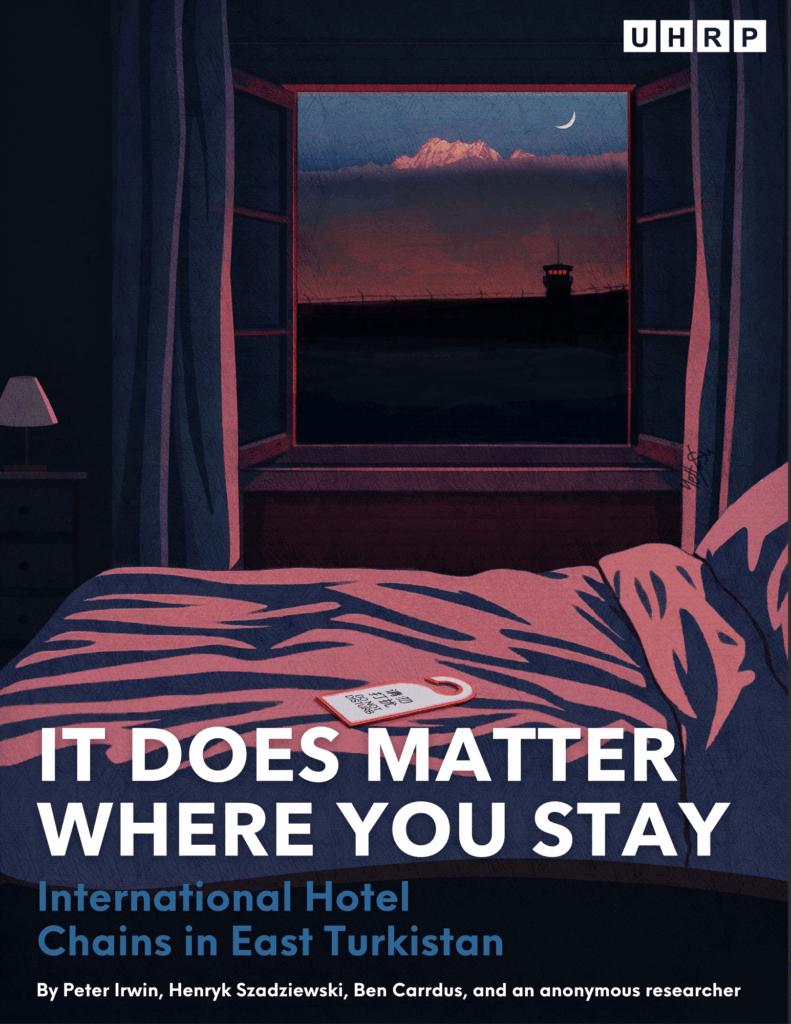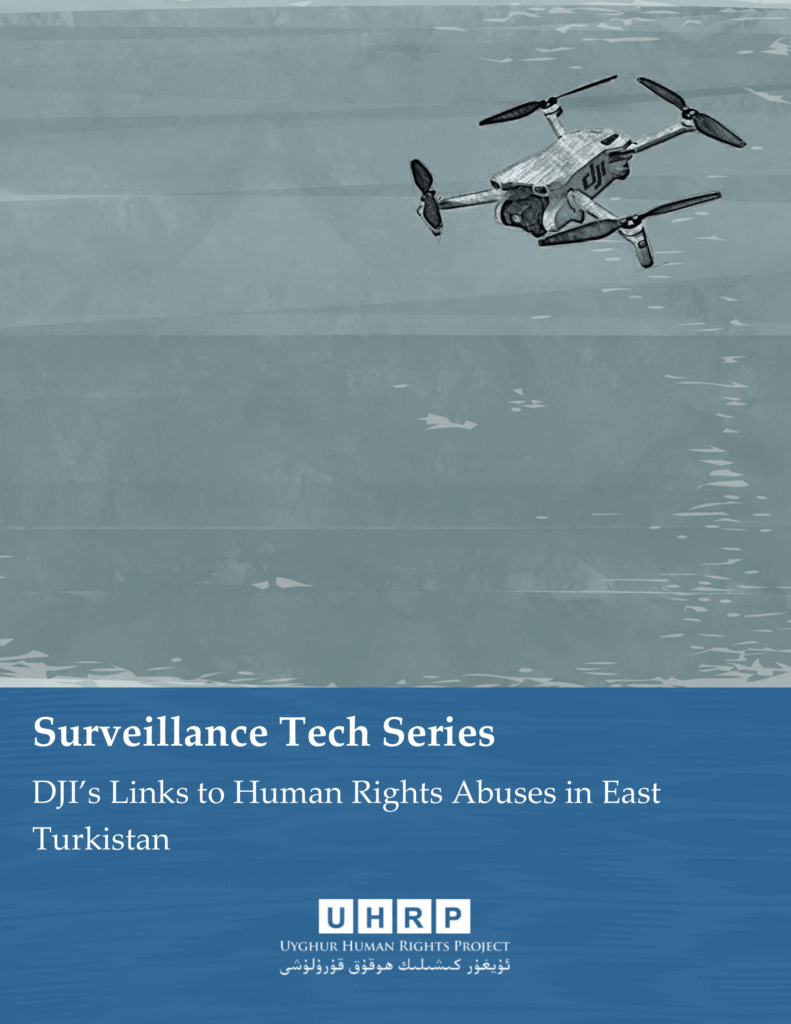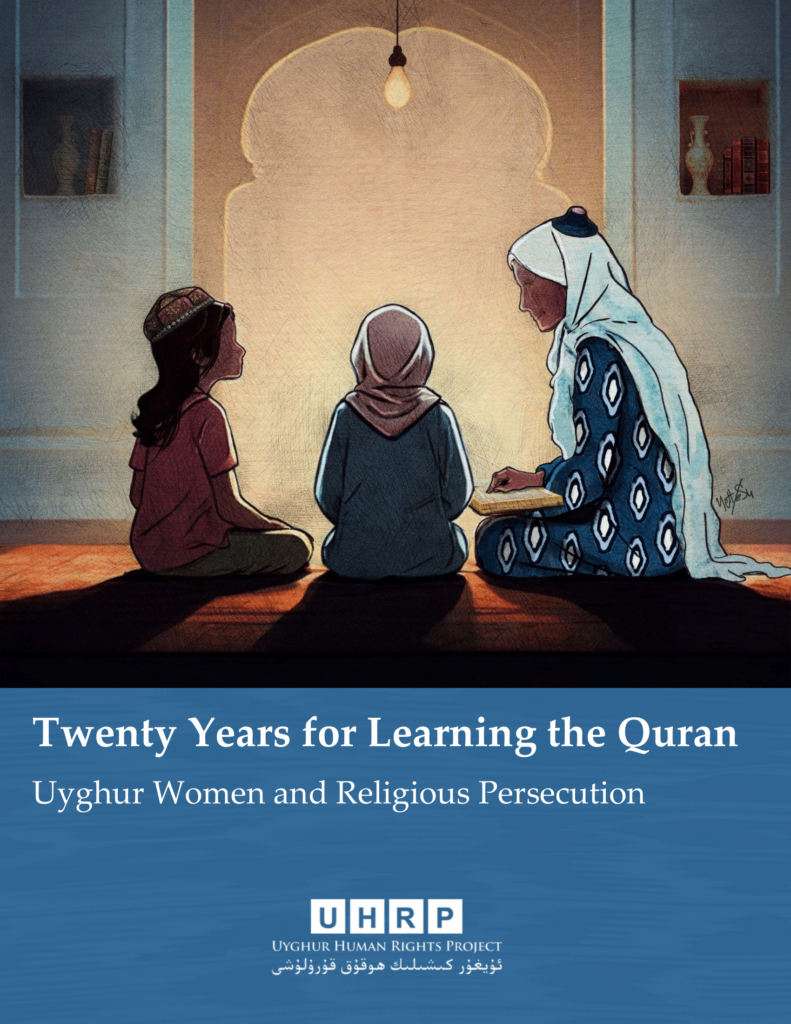Without land, there is no life: Chinese state suppression of Uyghur environmental activism

A Uyghur Human Rights Project report by Henryk Szadziewski and Greg Fay. Download the full report in English here.
Read news coverage and citations of the report in The New York Times, Energy Live News, and Anwalt für Umwelt und Menschenrechte.
For immediate release
July 20, 2016 10:30am EST
Contact: Uyghur Human Rights Project+1 (202) 478 1920
Without land, there is no life: Chinese state suppression of Uyghur environmental activism, a new research report by the Uyghur Human Rights Project, is a detailed examination of Uyghur environmental activism and the response by the Chinese state. Based on interviews and extensive research in Chinese, Uyghur and English, UHRP has compiled a full length report analyzing environmental dangers in East Turkestan and widespread suppression of Uyghurs’ environmentalist activities.
The intimate connection between the Uyghur people and the land of East Turkestan is celebrated in songs and poetry written and performed in the Uyghur language. Proverbs in Uyghur convey how the existence of the Uyghur people is tied to the availability of land and that an individual’s identity is inseparable from the land from which they came.
Given the physical survival and cultural integrity attributed to the land of East Turkestan, Uyghurs have developed sustainable practices in order to live in a fragile environment composed of deserts, oases and mountains. For example, the underground water transportation system of the Turpan area called karez has provided drinking water and water to grow crops for centuries to communities living in an exceptionally arid part of the region.
Since the early 1990s, the Chinese government has targeted East Turkestan with a series of economic development initiatives demonstrating a cumulative effort to exploit the region’s strategic location in Central Asia to boost China’s political and economic presence in the wider region. These centrally led campaigns have transformed East Turkestan bringing Chinese migrants and increased economic activity to the region that have had a profound effect on the environment. In addition to economic motives for regional intervention, the Chinese authorities exploited the vast landscape of East Turkestan to conduct nuclear weapons testing from 1964 to 1996. The full consequences of these tests are unknown, but credible evidence suggests a health catastrophe has occurred due to nuclear fall out and polluted land.
Without land, there is no life: Chinese state suppression of Uyghur environmental activism reports on three aspects of the environment in East Turkestan that indicate clear violations of the Uyghur people’s democratic rights to voice concerns over environmental degradation and to contribute to the development of sustainable regional policies. The three topics explored are: government policies and their impact on the purity of water, air and land; nuclear testing, the development of other types of weapons and related health issues; and Han Chinese migration to East Turkestan, predominately in the south of the region.
Following an examination of these topics, the Uyghur Human Rights Project concludes the following concerns with environmentalism in the region:
- Suppression of the right to protest environmental problems stemming from government actions, particularly the rights to association and assembly.
- Lack of Uyghur participation in environmental decision-making and a deprivation of knowledge sharing on environmental conditions in East Turkestan.
- Disregard of Uyghur knowledge on sustainable practices in state economic and agricultural policies.
Public participation in environmental affairs is an internationally acknowledged right and protected in Chinese law. Participation in the decision making process is understood to be a contributing factor to equitable environmental policies and recognizes the integral role of grassroots communities in solving environmental problems. Public participation provides a means with which individuals and civil society groups hold the state and private enterprise accountable for obligations in regard to sustainable development and ensures transparency in environmental governance. Accurate and complete information is essential to effective and meaningful public participation in environmental affairs. Therefore, respect for the principle of access to and freedom of information is necessary for the public to evaluate environmental policy and to seek forms of redress. Public participation allows for the development of a democratic form of governance that places individuals and communities as key stakeholders in environmental matters thus forming a broad legitimacy for policy formation.
Without land, there is no life: Chinese state suppression of Uyghur environmental activism concludes with the following key recommendations for the Chinese government:
- Guarantee the fundamental right of the Uyghur people to participation and consultation in the decision making process regarding environmental impacts of development and agricultural planning as outlined in international and domestic legal instruments.
- Open public forums for genuine and meaningful debate on environmental issues. This includes the freedoms to seek, receive and impart information online. Uyghurs should be free to conduct research into the causes of environment degradation in East Turkestan and to access government information on the environment.
- Respect the fundamental rights to freedom of assembly and association. International human rights standards assert the right for individuals to form non-governmental organizations to monitor the state’s compliance with environmental benchmarks.
- Mainstream Uyghur knowledge of the environment into decision-making on development and agricultural planning. The government should pursue a balanced approach to development planning that considers the interests of small-scale Uyghur farmers.
FEATURED VIDEO
Atrocities Against Women in East Turkistan: Uyghur Women and Religious Persecution
Watch UHRP's event marking International Women’s Day with a discussion highlighting ongoing atrocities against Uyghur and other Turkic women in East Turkistan.



